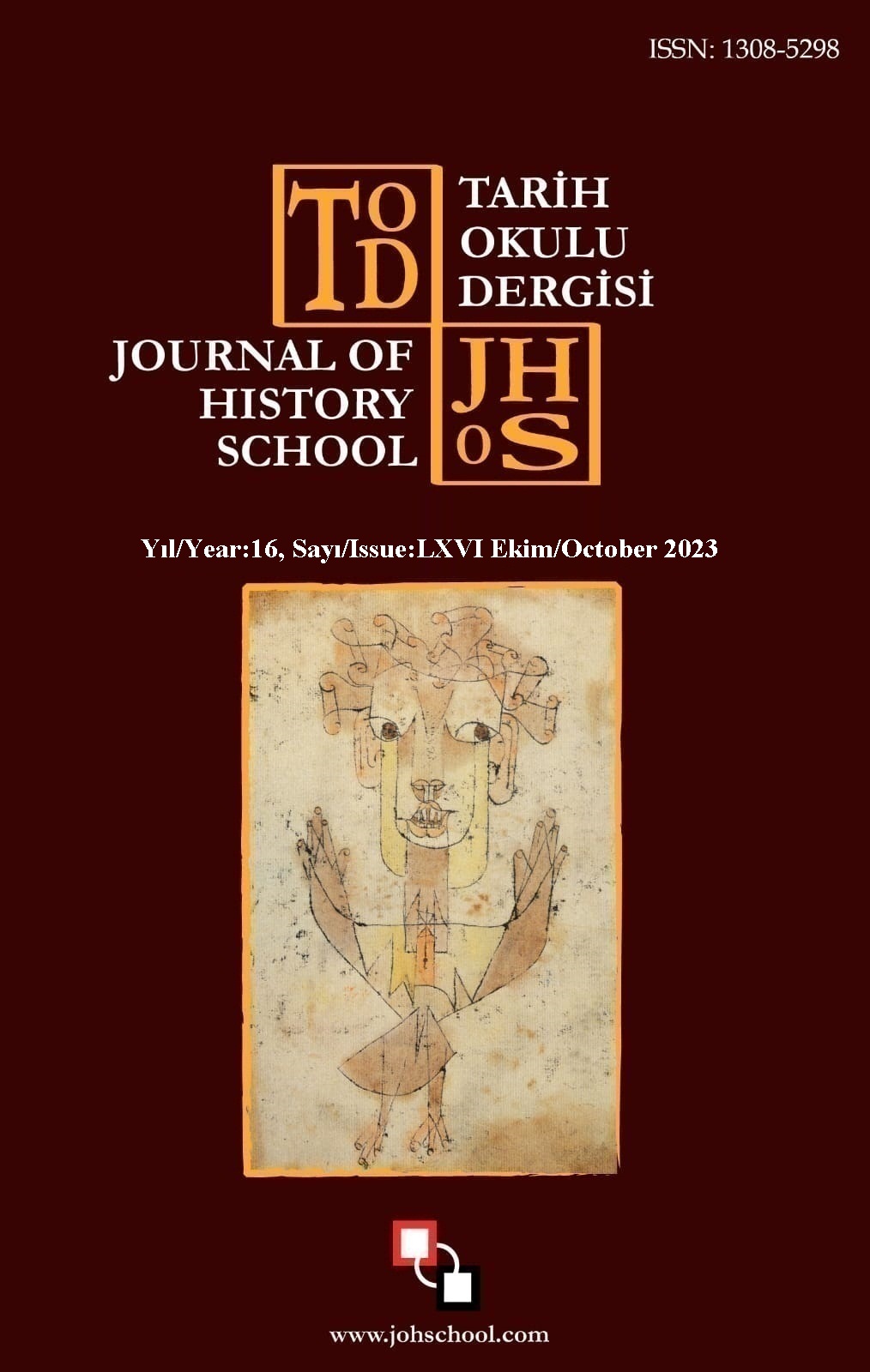İLKOKUL BEDEN EĞİTİMİ VE OYUN DERSİNDE ÖĞRENCİLERİN FİZİKSEL OKURYAZARLIĞIN REFAH POLİTİKALARINA ETKİSİ
Author :
Abstract
öğrencilerin Beden Eğitimi ve Oyun Dersi müfredat uygulaması kapsamında fiziksel okuryazarlık okumalarını araştırarak alan yazına katkı sunmaktadır. Bu amacı gerçekleştirme de nitel araştırma tekniklerinden kaynak tarama yöntemi kullanılmıştır. Fiziksel okuryazarlıkta ise fiziksel olarak aktif yaşam tarzları bağlamında çok yönlü bireysel deneyimleri bütünsel olarak kapsayan teorik bir kavrama ihtiyaç duyulmaktadır. Fiziksel okuryazarlık kavramı son yıllarda artan bir ilgi görmektedir. Araştırma sonuçlarına göre, ilkokul düzeyindeki öğrencilere Beden Eğitimi ve Oyun Dersi müfredatına destek olarak 7-11 yaş arası çocuklar için teori temelli bir fiziksel okuryazarlık etkinliği üretmekte ve geleneksel zorunlu atmosferin dışında ilkokul düzeyindeki öğrenci merkezli kavramı kolaylaştırmak için ilkokullardaki ders dışı zamanı kullandığı ortaya çıkmıştır. Bu etkinliğin özgünlüğü, açık teori-içerik bağlantılarında, fiziksel okuryazarlık alanları arasındaki bütünleştirici ilkelerin dikkate alınmasında ve sınıf öğretmenlerinin Beden Eğitimi ve Oyun Dersi müfredatı ile destekleyerek geniş bir bilgi birikimine destek olması beklenmektedir. Ömür boyu sağlık temelinde eğitim ve sosyal politikanın çocuk koruma sistemlerinin güçlendirilmesi; farkındalığın arttırılması, ebeveyn ve öğretmenlerin rolünün güçlendirilmesi; çocukların fiziksel okuryazarlık ve temel hareket becerilerinde yaşam boyu refahına yönelik standartların geliştirilmesi ve uygulanması yönünde savunucusu olmak zorundadır. Diğer yandan ilkokul düzeyindeki öğrencilere Beden Eğitimi ve Oyun Dersi müfredatına uygun düzenlemeler yapılmalıdır. Ayrıca çocuklar arasında fiziksel olarak aktif yaşam tarzlarını özellikle teşvik etmek için güçlü sosyal politikalar benimsenmeli ve uygulanmalıdır.
Keywords
Abstract
The main purpose of this research is to contribute to the literature by investigating the physical literacy readings of students at every grade level in primary school in Turkey within the scope of Physical Education and Game Course curriculum practice. In realising this aim, the literature review method, one of the qualitative research techniques, was used. In physical literacy, there is a need for a theoretical concept that holistically covers multifaceted individual experiences in the context of physically active lifestyles. The concept of physical literacy has received increasing attention in recent years. According to the results of the research, it was revealed that it produces a theory-based physical literacy activity for children aged 7-11 years as a support to the Physical Education and Games Course curriculum for primary school level students and uses extracurricular time in primary schools to facilitate the student-centred concept at primary school level outside the traditional compulsory atmosphere. The uniqueness of this activity lies in the clear theory-content links, in the consideration of integrative principles between the physical literacy domains and in the support of classroom teachers with the Physical Education and Games curriculum, which is expected to support a broad body of knowledge. On the basis of lifelong health, education and social policy should advocate for strengthening child protection systems; raising awareness, strengthening the role of parents and teachers; developing and implementing standards for lifelong well-being of children in physical literacy and basic movement skills. On the other hand, appropriate adjustments should be made to the curriculum of Physical Education and Games Course for students at primary school level. Strong social policies should also be adopted and implemented to specifically promote physically active lifestyles among children.
